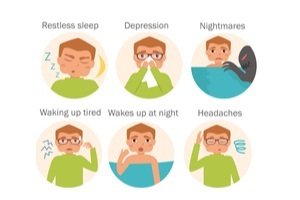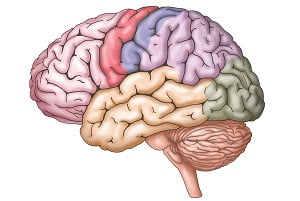Browsing: Insomnia
Comprehensive Information, Resources, and Support on Insomnia
Good sleep is necessary for general health and well-being yet millions of individuals suffer from sleep problems and inadequate rest.…
Ever laid awake at night, counting the stars instead of sheep? Maybe you’ve spent more nights than you’d like tossing…
You spend around a third of your time sleeping if you’re like most people. And if you’re like the majority…
Sometimes, insomnia symptoms can improve by itself with changes in your sleeping habits and lifestyle. However, this is always not possible. You may have to meet a doctor in case the condition does not improve of its own. He or she will prescribe medicines and deliver behavioral and cognitive therapies.
How Is Insomnia Diagnosed?
Sleep disorder tests are generally used to diagnose insomnia. Your doctor will perform a physical examination and ask you several questions to understand what might be the possible underlying causes. He may ask you to get a blood test to rule out certain other conditions that might cause insomnia.
Do You Have Any of These Insomnia Symptoms? Data from National Institutes of Health (NIH) indicate that a large number…
Definition of Insomnia The amount of sleep a person requires varies. Most people need between 7 and 8 hours of…
What causes insomnia? Insomnia is a common sleep disorder. Most of us are aware of how it feels to have…
The Human Brain The brain is a wonderful three-pound organ that controls all the functions of human body and interprets…
A migraine has been associated with sleep disturbances and unusual sleeping patterns. Some individuals can feel refreshed by even a nap, while in some cases it was found that they woke up with a headache or a migraine. Learn about the association between a migraine attack and insomnia.












